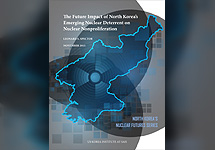
The ripple effects of North Korea crossing the nuclear threshold may be more limited than they first appear.

A new book edited by Jeffrey W. Knopf, MIIS Nonproliferation and Terrorism Studies M.A. program chair.
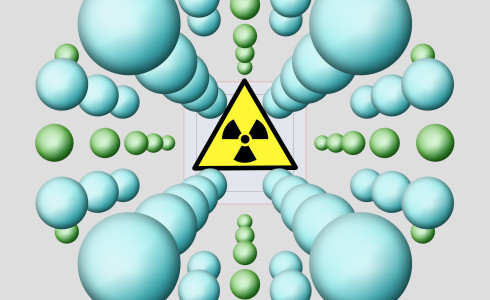
Occasional Paper #23: CNS researchers offer governments a roadmap to replace high-risk radioactive sources with non-isotopic alternatives.
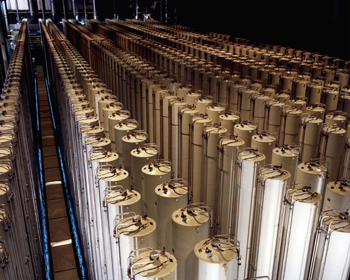
The deal may not be ideal, but when viewed in historical and hypothetical context, it is incredibly strong.

The Iran deal is merely a first step toward a long-term process of managing the nuclear risks it poses.
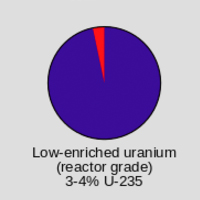
The P5+1 needs to be assured that even if Iran expels inspectors and enriches enough uranium for a bomb, there is time for a sufficient response to be organized.
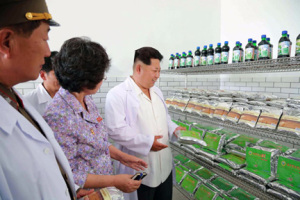
Analysis of images of the Pyongyang Bio-technical Institute reveals North Korea can produce regular, military-sized batches of biological weapons, specifically anthrax.

A self-proclaimed lapsed philosopher offers a liberal’s view of effective foreign policy for the twenty-first century.
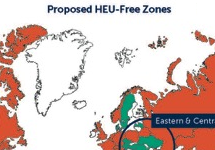
Regional HEU-free zones would help cement a global norm against civilian HEU use and strengthen nonproliferation and disarmament efforts.
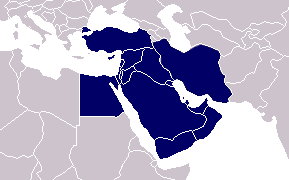
Occasional Paper #22: A CNS report offers legal, technical, and organizational proposals to negotiations and implementation of a WMD-free Middle East.